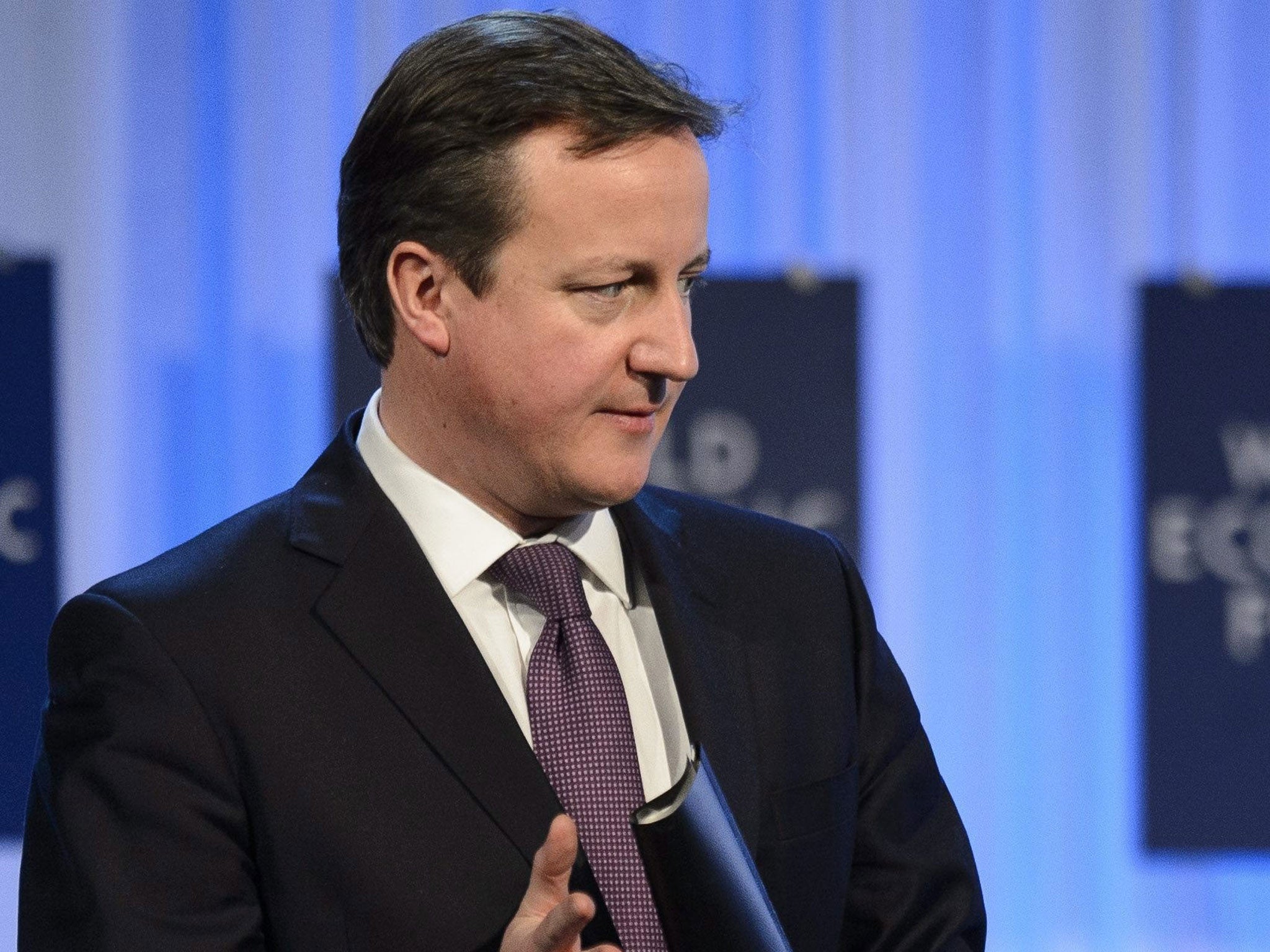Triple-dip recession looms after figures suggest our economy has shrunk by 0.3%. So why has David Cameron has given us yet more uncertainty?
Now more than ever, businesses need reassurance. Where might it come from?


A post Olympic hangover was pretty much expected for the economy. After growing at a whizzy 0.9 per cent when London, and much of the rest of Britain, was basking in the glow of the Games, the fourth quarter was always going to provide a come down.
But the scale of that come down is much worse than expected. Let’s be clear here, the ONS’s report of a 0.3 per cent contraction in the fourth quarter is only an early “sighter”. That figure is due to be revised twice and may not look quite so bad when all the data is in.
There was also disruption to the North Sea’s oil and gas fields, and if that’s taken out of the equation the economy shrank by only 0.1 per cent.
Triple dip
But let’s not beat around the bush here. The figures are still bad, whichever way you slice and dice them. Worse than most forecasters had feared.
There is now a very real chance of the economy slipping into a third recession, a triple dip, for which you’d need two consecutive quarters of negative growth.
We may get that. The snow will have had impact, there is no question of that. You could see it just by looking at the figures put out by Marston’s, the pub group earlier this week. Sales in its managed pubs open at least a year for the 16 week period to 19 January were 1.2 per cent ahead of last year. But for the 15 week period to 12 January they were 2.1 per cent ahead of last year. The weather froze up the company’s numbers by quit a significant extent.
Now that’s just a snap shot. Marston’s managed pubs are only a very small part of the economy. But the impact of the weather will filter through to other sectors and depress growth. We wouldn’t want too much more in the way of bad weather.
Against this unhappy backdrop, the Prime Minister’s promise of a referendum on Europe couldn’t have come at a worse time. Businesses hate uncertainty, which is what he introduced.
Make no mistake, they will have heard what David Cameron said, and will now be fretting about the effect his promise will have on Britain, on its trade with the Continent, on its suitability as a bridge into the single market.
A lot from a little
Mr Cameron did the worst thing possible when it comes to encouraging business investment by introducing that fresh uncertainty, which was wholly unnecessary and driven by his own political considerations.
Many business will, as a result of it, hold off on investment. Or put their money elsewhere, in countries and markets which are “known” quantities. It’s not as if they can expect any help from the Chancellor George Osborne, who is mulishly sticking to his plan A: deficit reduction.
There is no doubt that the deficit does need addressing, and Labour is playing a deeply cynical game in condemning cuts it has no intention of reversing. But the economy is still on the critical list and a little fiscal stimulus might go along way. It might even help with those businesses which who have been put into a tizzy by Mr Cameron’s political games.

Join our commenting forum
Join thought-provoking conversations, follow other Independent readers and see their replies